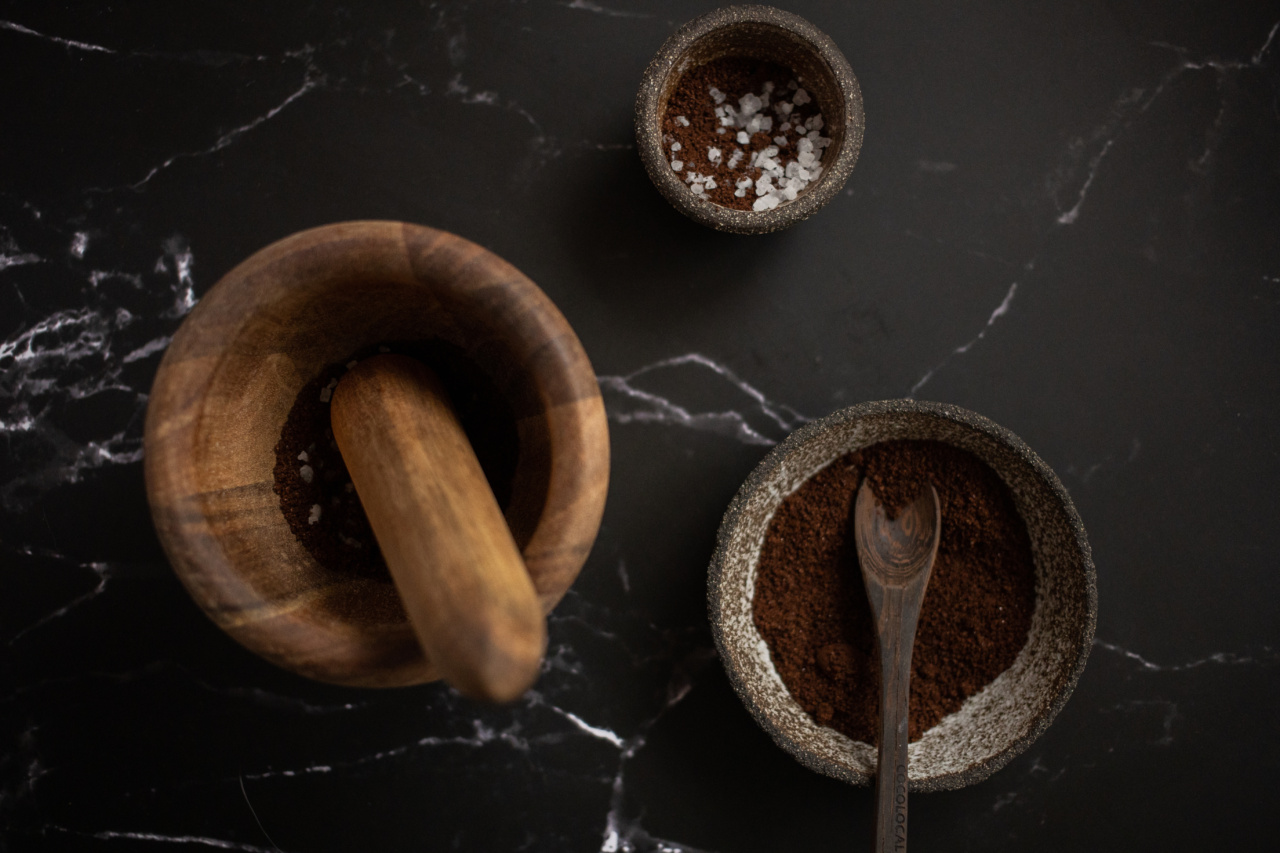When it comes to flavoring our food, many of us reach for the salt shaker without giving it a second thought. Salt has been a staple in kitchens around the world for centuries, but its excessive consumption can have detrimental effects on our health.
The good news is that there is a healthier alternative to enhance the taste of your meals – herbs. Adding herbs to your dishes not only provides a burst of flavor, but they also come with a plethora of health benefits. So, let’s explore how you can satisfy your taste buds with herbs, not salt.
The Downside of Excessive Salt Consumption
Sodium, the main component of salt, is an essential mineral that our bodies need to function properly. However, most people consume far more sodium than necessary.
This excessive intake can lead to a range of health issues, including high blood pressure, heart disease, stroke, and kidney problems. The World Health Organization recommends consuming less than 5 grams of salt per day, but the average intake in many countries is double or even triple that amount.
Discover the Flavorful World of Herbs
Herbs are an excellent alternative to salt when it comes to flavoring your dishes. There is an extensive variety of herbs available, each with its own unique flavor profile.
From basil and thyme to rosemary and cilantro, these culinary gems can elevate the taste of any meal. Moreover, herbs are incredibly versatile and can be used in both savory and sweet recipes.
Health Benefits of Herbs
Aside from adding delicious taste to your food, herbs offer an array of health benefits. They are packed with essential vitamins, minerals, and antioxidants that can support your overall well-being.
For example, oregano is known for its antibacterial properties, while cilantro is rich in vitamin K, which is crucial for blood clotting and bone health. By incorporating herbs into your diet, you can enjoy their medicinal properties while indulging your taste buds.
Ways to Use Herbs in Your Cooking
The versatility of herbs allows you to experiment with various cooking techniques and recipes. Here are some popular ways to use herbs in your everyday cooking:.
1. Fresh or Dried
Herbs can be used both fresh and dried, depending on your preferences and availability. Fresh herbs offer a vibrant flavor, while dried herbs have a more concentrated taste. Experiment with both and see what works best for you and your desired dish.
2. Infuse Oils and Vinegars
Infusing oils and vinegars with herbs is a wonderful way to add flavor to your cooking. Simply place your chosen herbs in a bottle with oil or vinegar and allow them to infuse for a few weeks.
The result is a versatile and aromatic ingredient that can be used in dressings, marinades, or drizzled over your favorite dishes.
3. Herb Butter
Create herb-infused butter by mixing chopped herbs into softened butter. Once combined, roll the butter into a log shape and refrigerate until firm. Slice off portions of the herb butter to melt onto grilled meats, steamed vegetables, or baked potatoes.
4. Garnish with Fresh Herbs
Finely chop fresh herbs and use them as a garnish for your dishes. Not only does this add an aesthetic touch, but it also enhances the flavors. Sprinkle some fresh basil over a Caprese salad or add a handful of chopped parsley to your homemade soup.
5. Herbal Teas
Herbal teas are a soothing and flavorful way to enjoy the benefits of herbs. Infuse hot water with herbs like chamomile, mint, or lavender for a relaxing and aromatic beverage.
Herbal teas are not only hydrating but also offer their unique health-promoting properties.
6. Herb Blends
Create your own herb blends by combining different herbs and spices. The possibilities are endless! Mix together garlic, thyme, and rosemary for a savory blend to season roasted chicken.
Or, combine cinnamon, nutmeg, and ginger for a warming blend perfect for baked goods.
7. Fresh Herb Salads
Herbs can be the star of your salad rather than just a supporting ingredient. Toss together a variety of fresh herbs like mint, parsley, dill, and cilantro for a vibrant and refreshing salad.
Add some lemon juice, olive oil, and your favorite vegetables for a delightful side dish.
8. Herb-infused Salts
If you can’t completely part ways with salt, why not make your own herb-infused salt? Combine finely chopped herbs with sea salt and let the flavors infuse for a few days.
Use this aromatic salt to season your dishes, and you’ll add a burst of flavor without overdoing the sodium.
9. Herbs in Baking
Think herbs are only for savory dishes? Think again! Herbs like thyme and lavender can add a unique twist to your baked goods. Add some thyme to a lemon-infused pound cake or sprinkle some lavender buds onto sugar cookies to surprise your taste buds.
10. Experiment and Explore
The beauty of herbs lies in their versatility. Don’t be afraid to experiment and explore with different combinations and techniques. Get inspired by cuisines from around the world and discover how herbs are used in various culinary traditions.
Conclusion
Now that you know the advantages of choosing herbs over salt, it’s time to embark on a flavorful journey. By substituting herbs for salt in your cooking, you can satisfy your taste buds while taking care of your health.
So, let the vibrant colors, enticing aromas, and diverse flavors of herbs enrich your culinary experiences. Your taste buds will thank you, and your body will appreciate the nourishment!.






























